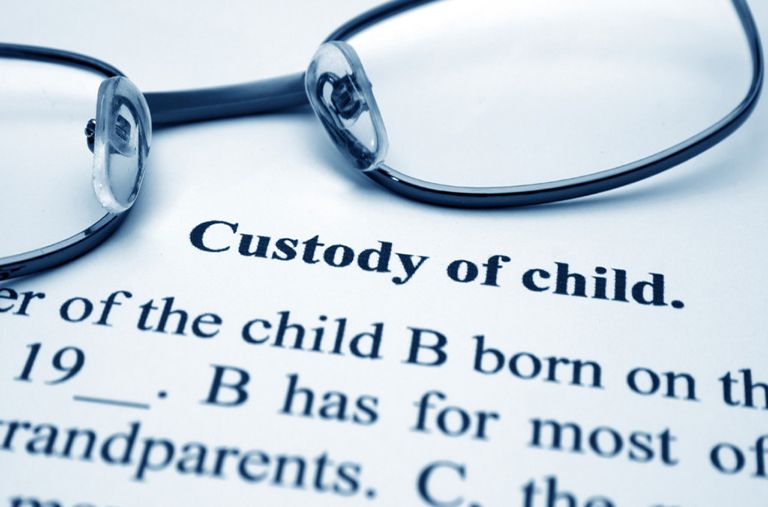Child Custody?
T
he care, control, and maintenance of a child awarded by a court to a responsible adult. Custody involves legal custody (decision-making authority) and physical custody (caregiving authority), an award of custody usually grants both rights. In a divorce or separation proceeding between the parents, the court usually awards custody to one of them (one or both jointly) unless both are found to be unfit, in which case the court may award custody to a third party, typically a relative. In a case involving parental dereliction, such as abuse or neglect, the court may award custody to the state for placing the child in foster care if no responsible relative or family friend is willing and able to care for the child. Black’s Law Dictionary 441 (9th ed. 2009).
Child custody involves the determination of both legal and physical custody of the children for whom a party has parental rights. Legal custody deals with the decision-making aspect of child rearing. Such as decisions about religion, education, extra-curricular activities, medical care, etc. Physical custody deals with the person who is responsible for physically caring for the child during that time. Thus, the person who has physical custody will be responsible for providing for basic needs and reasonable care during the time the child is with them.
In most cases, the parties will share both legal and physical custody and this is called joint custody. However, joint custody does not always mean that custody will be shared 50/50. The courts will look at the circumstances of each case to determine what is a reasonable schedule that will allow the children frequent and meaningful contact with each parent, always keeping in mind what is in the best interest of the child. In some cases, it may not be appropriate for the parties to share custody at all. For instance, if one of the parties is accused of abuse or neglect of the children. In these cases, one party may be granted sole custody with the other party receiving visitation.







